How Solar Panel Installation Can Protect Your Roof
Switching to green energy? With the growing number of solar installations in the US, more and more homeowners are making the switch. One of the first questions they ask is whether solar panels can damage your roof.
The short answer is no. Roof damage from solar panels is extremely rare when installed correctly. But before you jump into helping the environment, there are a few important things to know.
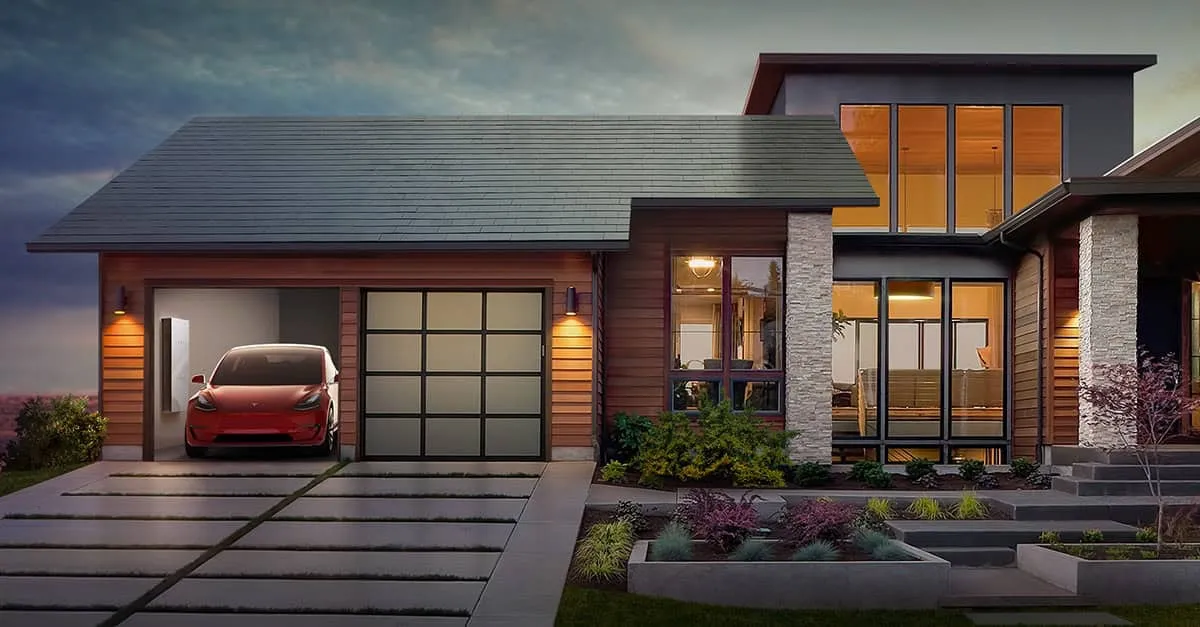
In this article, we'll look at how to properly install a solar roof and what concerns most homeowners. Let's begin.
Factors to Consider When Installing a Solar Roof
Before installing solar panels on your roof, several important factors must be taken into account.
Firstly, it's worth noting that solar panels typically last 20–25 years. After this period, they will generate electricity at a significantly lower efficiency rate. However, that doesn't mean they stop providing value. Try using the Google Project Sunroof savings estimator to see how much you can save on electricity bills over time. Key factors include the amount of sunlight reaching your roof, electricity rates, and installation costs.
To ensure that the installation doesn't damage your roof, consider the roof itself—its age, condition, size, and pitch. Each of these factors affects the safety of solar panel installation and may void your roof warranty:
- If your roof is old or in poor condition, installing solar panels might worsen its state. Additionally, you may need to remove the panels for roof repairs. Therefore, the best time to install is right after replacing or renovating your roof.
- If your roof is small, ensure the weight of the panels won't overload it. Standard solar panels weigh about 4 pounds per square foot.
- If your roof has a steep pitch, make sure it can support the weight of the modules under gravitational force.
After evaluating your roof, consider the house as a whole—its height, structure, seismic and wind resistance. You'll most likely need an experienced professional for this task, leading us to our third point.
Hire a reputable solar panel installation company. Installers should be licensed professionals who follow all local building, mechanical, housing, and electrical codes. They may also require permits for installation. Before hiring a contractor, always research and verify their credentials.
Common Concerns When Installing Solar Panels on a Roof
Now let's examine the main concerns homeowners have when installing solar panels on a roof.
Many are worried about holes in the roof. Indeed, installing solar panels usually requires drilling holes into the roof to secure frame brackets that hold the modules. These holes are designed for bolts with washers capable of handling extreme weather conditions. Once these bolts are installed, the holes are sealed with metal or plastic covers called flanges that prevent water infiltration. This helps avoid damage from moisture, including leaks and mold. If done correctly, these holes will not compromise the integrity of your roof.
But if you're still unsure about drilling holes in your roof, consider less common alternative installation methods. Among them are ballasted modules that use weight to secure panels; adhesive modules, flexible thin-film modules, and even wind-tension and grip systems.
Finally, some people worry about the weight of solar panels on a roof. Since most roofs can support around 20 pounds per square foot, the weight of solar panels (4 pounds per square foot) shouldn't be a concern. They are much lighter than most roofs' load capacity. In winter months, solar panels can even reduce the roof's load because their smooth surface helps snow slide off.
Conclusion
In the end, most solar panel installations don't damage roofs. In fact, they can even protect it by providing shade from the sun. This reduces the risk of sun-related damage such as blistering and lowers indoor temperatures.
Additionally, solar panels can increase your home's value. Studies show they may boost property values by up to 9.9%. Therefore, in addition to energy savings and environmental benefits, solar panels add financial value to your roof.
However, before installing solar panels on your roof, conduct thorough research. Find an experienced professional. If you have a roof warranty, consult with the manufacturer beforehand. Otherwise, you might accidentally void your warranty.
Following these sound tips will ensure that solar panels improve your roof rather than damage it.
Need a renovation specialist?
Find verified professionals for any repair or construction job. Post your request and get offers from local experts.
You may also like
More articles:
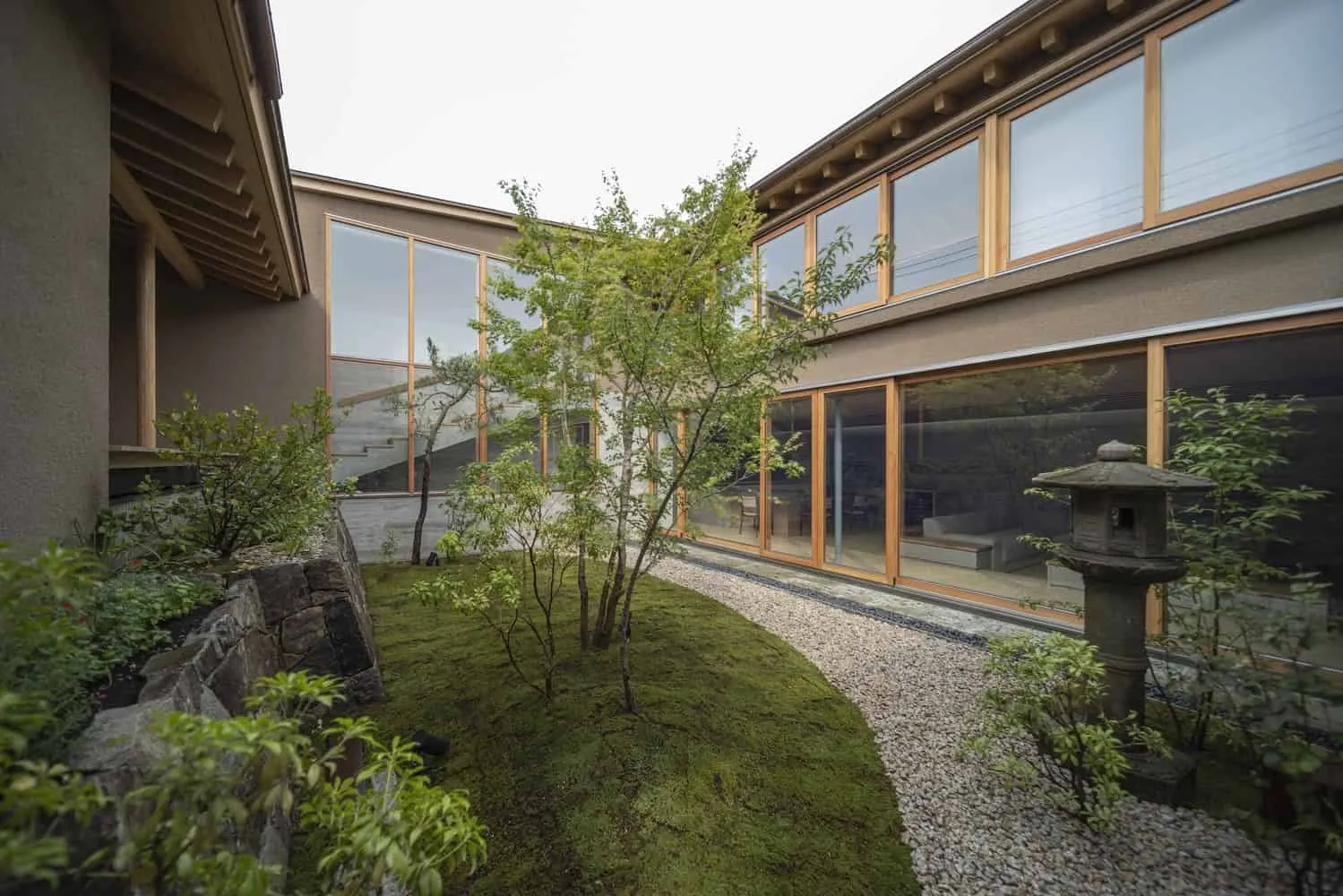 House on a Hill by New Material Research Laboratory in Japan
House on a Hill by New Material Research Laboratory in Japan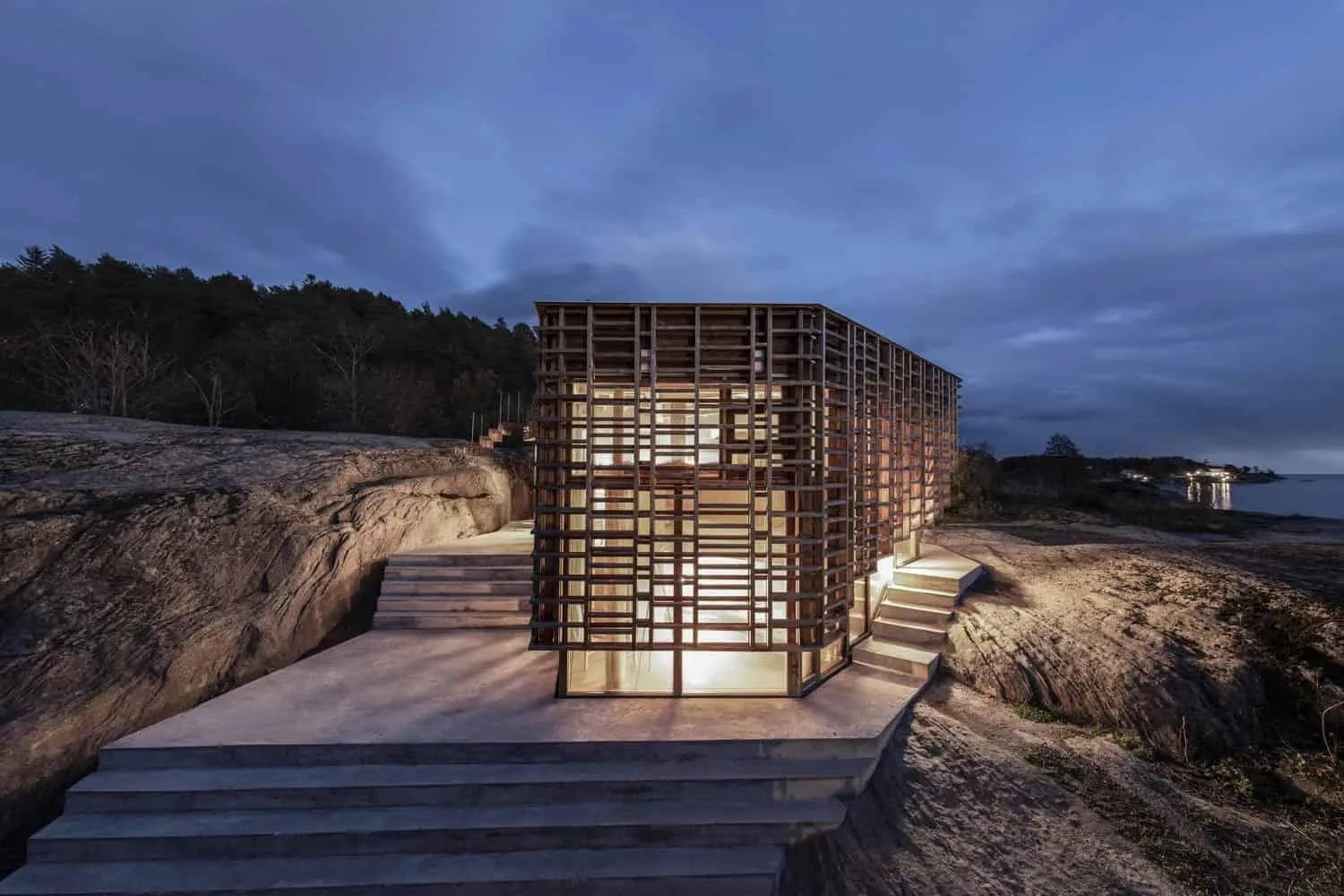 House on an Island by Atelier Oslo – Sculptural Cabin by the Norwegian Coast
House on an Island by Atelier Oslo – Sculptural Cabin by the Norwegian Coast House on a Hill by HW Studio in Morelia, Mexico
House on a Hill by HW Studio in Morelia, Mexico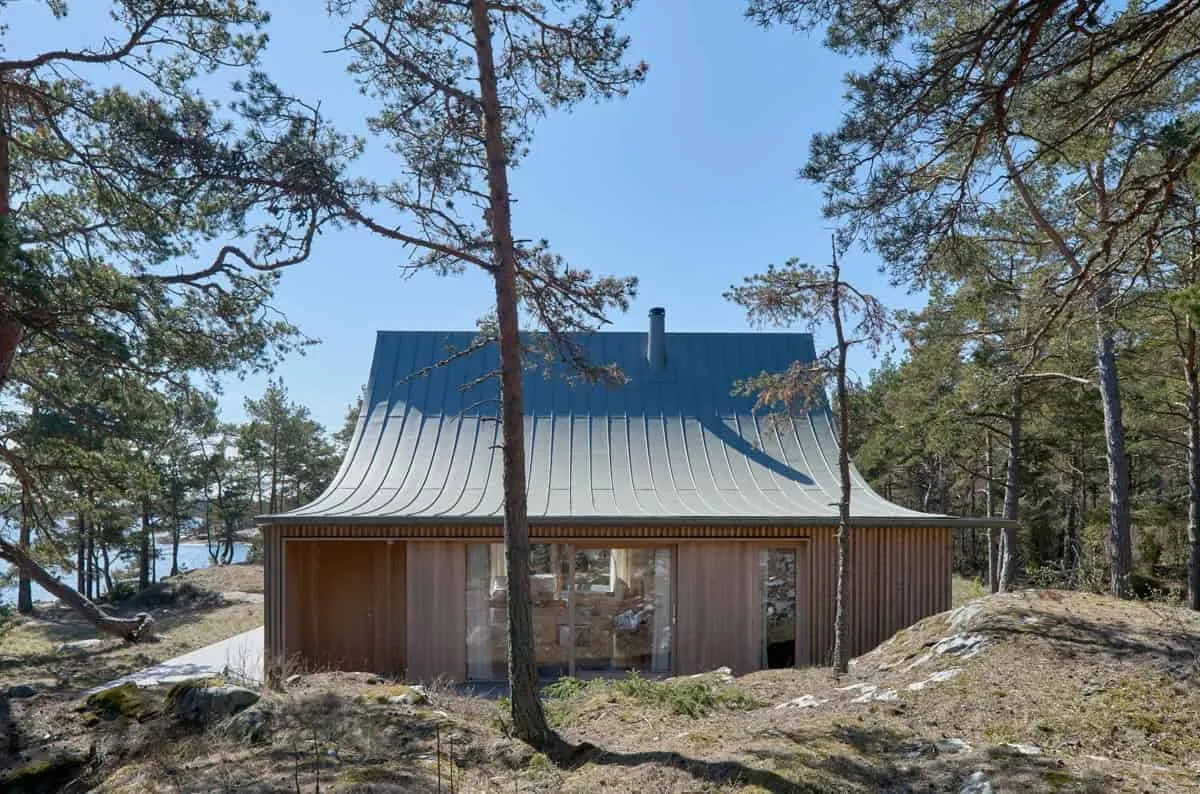 House on Krokholmen by Tham & Videgård Arkitekter in Sweden
House on Krokholmen by Tham & Videgård Arkitekter in Sweden House with High Windows and Open to Nature
House with High Windows and Open to Nature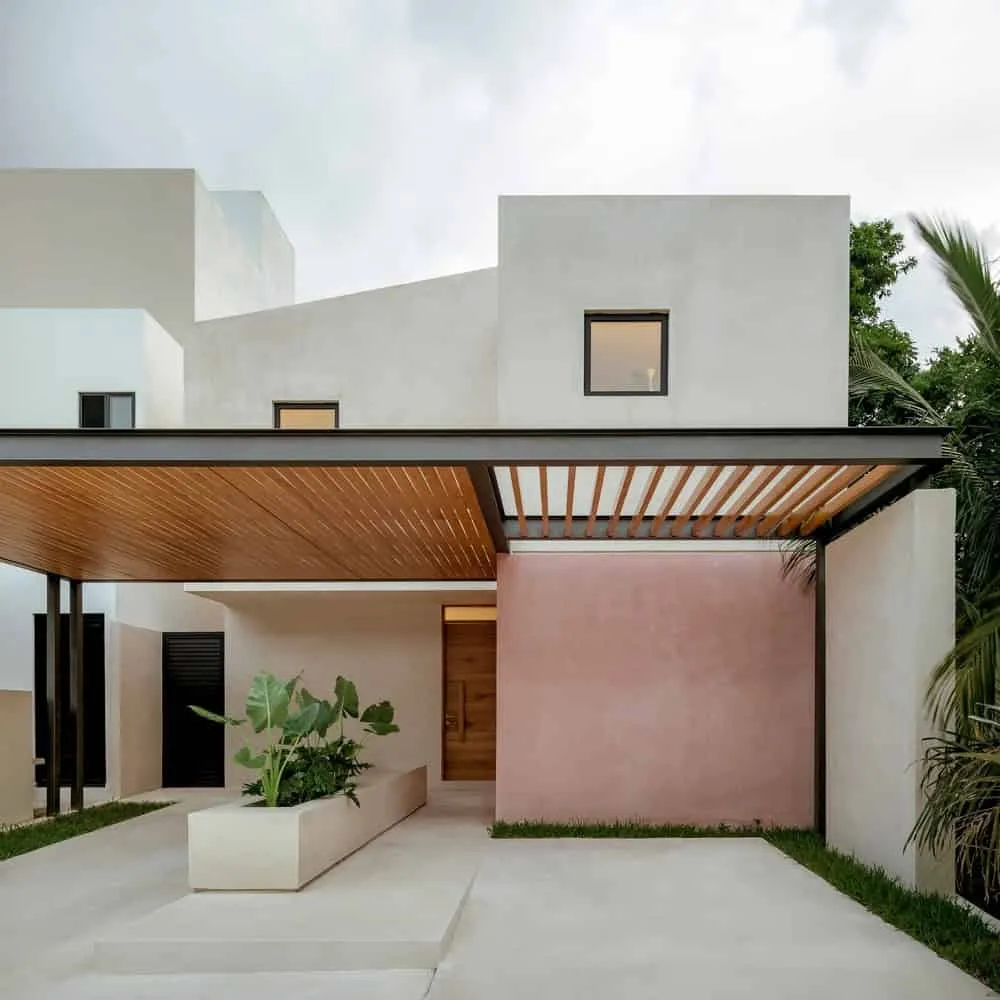 House Pescador 14 by Franca AdC in Cancun, Mexico
House Pescador 14 by Franca AdC in Cancun, Mexico PF House by AE Arquitectos in Zapopan, Mexico
PF House by AE Arquitectos in Zapopan, Mexico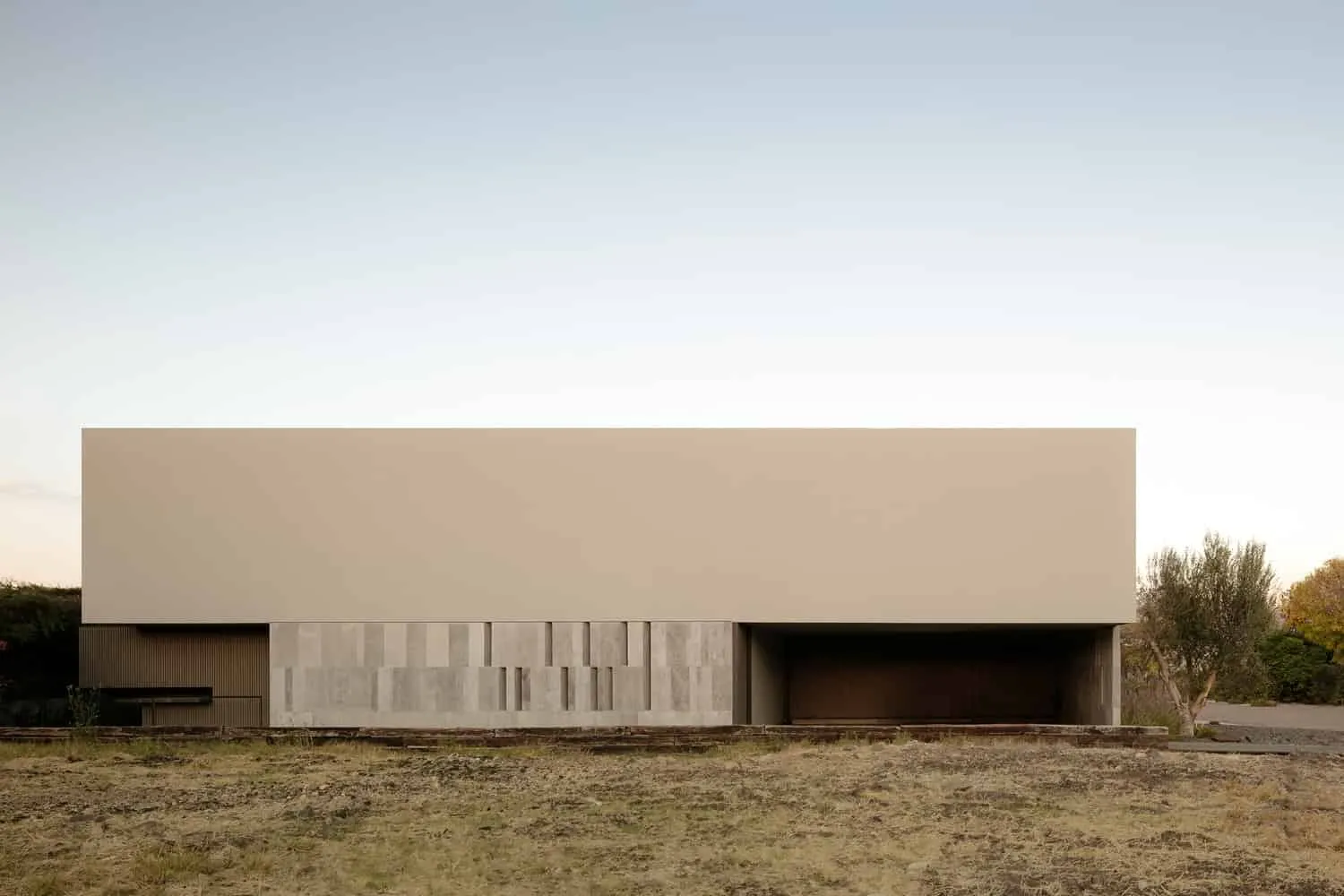 Rio House / LABarq / Mexico
Rio House / LABarq / Mexico